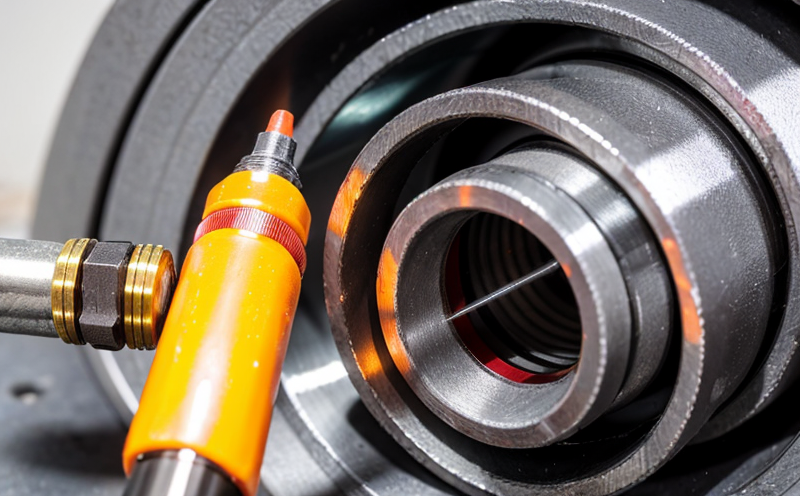EN 71-1 Magnetic Strength and Release Safety Test
The EN 71-1 standard is a crucial document within European legislation that sets out essential requirements for the safety of toys. One of its critical provisions focuses on ensuring that no parts or elements in contact with children's mouths can be removed by the child, thus preventing ingestion and subsequent choking hazards. This includes testing for magnetic strength and release to ensure that any small magnetic components are not readily detachable.
The EN 71-1 test for magnetic strength and release is designed to evaluate whether a toy’s magnets meet specific thresholds regarding their potential danger if ingested by children. According to the standard, toys with magnets must pass rigorous testing to confirm that they do not meet certain release force criteria. This ensures that even if a magnet becomes detached from its intended location within a toy, it cannot easily be removed and placed in the mouth or swallowed.
The test involves attaching small spheres of iron (typically 2 mm) to the magnetic surfaces of the toy under test conditions. The spheres are then used to measure how much force is required to separate them from the magnet. If this force falls below specified levels, it indicates that the magnet could pose a choking hazard if ingested.
The testing process is highly technical and requires precise equipment such as calibrated instruments capable of measuring magnetic forces accurately. Compliance with these standards not only protects children but also ensures that toy manufacturers maintain high-quality control processes, which can enhance brand reputation and customer trust.
Failure to comply with EN 71-1 regulations can result in significant legal consequences including product recalls, fines, and loss of market access. Therefore, many toy makers opt for third-party certification bodies or internal labs that specialize in these types of tests to ensure their products meet all necessary safety standards.
| Test Parameter | Description |
|---|---|
| Magnetic Field Strength | The strength of the magnetic field generated by the magnet is measured using specialized equipment. |
| Release Force Measurement | This measures how much force is needed to separate a small sphere from the magnet surface. |
Industry Applications
- Magnetic toys and games designed for children under 3 years old.
- Toys that incorporate small magnets into their structure, such as building blocks or educational sets.
- Any toy where magnetic components might come into contact with a child’s mouth during play.
The EN 71-1 test is particularly important for manufacturers of toys and games that use small magnets in their design. By ensuring compliance, companies can protect children from potential hazards while also avoiding legal issues associated with non-compliance. This testing process helps maintain the integrity of products intended for young consumers, thereby enhancing overall safety standards across the industry.
Customer Impact and Satisfaction
By adhering to EN 71-1 regulations, toy manufacturers demonstrate their commitment to child safety. This not only builds trust with parents but also fosters long-term customer satisfaction by ensuring that toys are safe for use. When a company successfully passes these stringent tests, it signals its dedication to quality and regulatory compliance, which can translate into positive public perception.
Compliance also reduces the risk of recalls or product bans, saving companies from costly legal battles and reputational damage. Additionally, successful completion of such rigorous testing enhances brand reputation among consumers who prioritize safety when selecting toys for their children. This focus on regulatory compliance contributes significantly to overall customer satisfaction by reinforcing a company's role as a responsible corporate citizen.
Competitive Advantage and Market Impact
In today’s competitive marketplace, meeting or exceeding safety standards like EN 71-1 can provide significant advantages. Consumers increasingly expect toys to be not only fun but also safe, making compliance a key differentiator for brands. By demonstrating adherence to these stringent regulations, companies signal their commitment to quality and child protection, which resonates positively with parents and guardians.
Moreover, successful completion of such tests can enhance brand reputation among consumers who prioritize safety when selecting toys for their children. This focus on regulatory compliance contributes significantly to overall customer satisfaction by reinforcing a company's role as a responsible corporate citizen. In an era where transparency about product safety is paramount, being able to showcase EN 71-1 certification can help establish trust and loyalty with customers.





